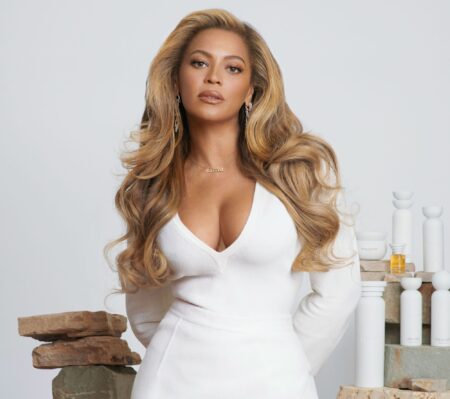Africa, arguably the richest continent in both resources and history, is no stranger to human rights violations, but does the world care enough to fix the agenda?
Dating back to Western imperialism, Africa has fallen victim to colonization and greed from outside nations with such a tight grip on the land, that it has taken centuries for African countries to experience their own sense of sovereignty. In more modern times, African “Independence” has also been a guise used by colonizers who scheme behind the scenes to make sure corrupt leaders that plan on aiding a colonist agenda get elected into power.
This was apparent during 1960-also known as the “Year of Africa”- when Western nations were supposed to give up their power to the countries they colonized. Instead, neocolonialist agendas were set in place to halt self determination and Pan-Africanism in nations through assassinating effective leaders that put their people first. The Year of Africa was never about independence really, it was a scheme to keep Africa vulnerable and underdeveloped so it stayed easy to control and reap from.
Today, many nations in Africa are still victims to global greed and the ramifications of colonization. Ethnic hostility and political abuse riddle many areas and can be attributed to the lackluster efforts of global leaders to truly free Africa. Similar to the Fall of Reconstruction in the United States after slavery, African independence in 1960 was a deception to make way for modern day colonization. It’s easier to maintain indirect power over a vulnerable, destabilized region versus one with national pride and structure-which was annihilated in many instances by foreign agents.
Growing up most of us weren’t taught this type of history in school, and Western media and teachings have historically been degrading towards Africa through pushing an underlying sense of inferiority instead of global accountability. Over the years, the media has patronized Africa with words and images that correlate to ideas of primitivism, sub-humanity and savagery. Much of this media showcases disease, poverty, underdevelopment, famine and more without diving deep into the root cause of these issues. This subliminally instills a sense of “the other” when it comes to how the rest of the world regards African civilians which promotes stereotyping and condescending beliefs.
While many nations in Africa are poor, these lands provide billions upon billions of dollars in trading to “First World” countries such as the United States, Great Britain, China, France and Russia. So why is it that this continent has been looked at as lesser than by the West?
Rod Chavis highlights this in his 1998 piece, “Africa in the Western Media.” The paper was presented at the Sixth Annual African Studies Consortium Workshop and focuses on Western media’s faulted depictions of Africa and this sense of ‘otherism’ that emerged from imperialism and systemically manifested itself in the media.
“The press of those early Darwinian years and its successor today, continues a tradition: stereotype and bombast, bias and disdain often are warp and woof of media coverage when Africa is the subject,” Chavis wrote. “Western Media treat the African continent as a malignant appendage rather than as an integral, systemic part of the earth and all its natural functions in accordance with universal laws. Its indigenous populations are depicted as without value.”
What’s ironic is that Africa has the most value. It has the most resources, the earliest findings of human history. There are stolen African artifacts on display in Western museums. Africa gave the world value. It’s time we recognize this and tell the history that makes the rest of the First world look bad, and put pressure on global leaders to work to right these historic and current wrongs.








